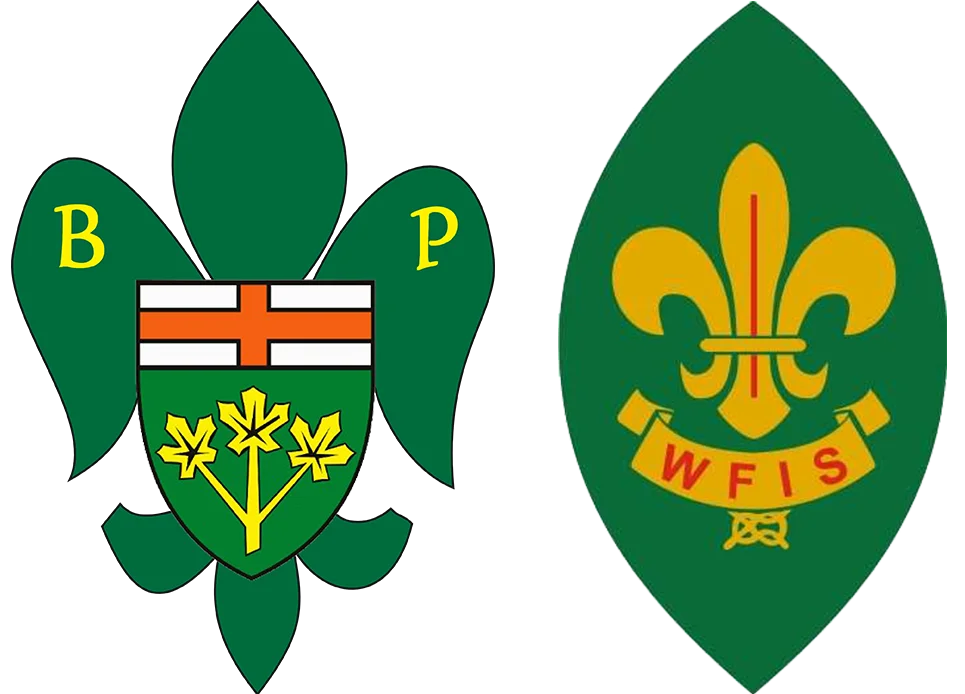Policies:
No organization can operate without clearly defined rules and procedures. These pages will help to explain some of our rules. While this is hardly the place to publish all the detailed policies of the association, we would like to point out at least some of the highlights:
- The BP Service Association abides in all its operations and policies by the Traditional Scout Law and our PO&R.
- We do not actively solicit members of other Scouting organizations to change their membership or affiliation. We recognize that “membership poaching” works both ways, creates animosity and in the end does not benefit anyone, least of all the Scouting Movement. We respect the choices other Scouts make in the ways they play the Game. The important point is to play the game, regardless of association.
- We do welcome as a member anyone who supports the traditional methods of Scouting, who is willing to abide by the Policy, Organization and Rules of our organization and who is willing make the Scout Promise and to abide by the Scout Law.
- Membership in our organization is open to any person, adult, boy or girl of any racial or national origin, religious affiliation or cultural or economic background. We welcome new members from minorities and provide them with all the support they need to ensure their full and equal membership in the Traditional Scouting family.
- We endeavor to make Scouting affordable to everyone by doing all we can to keep our costs to the absolute minimum. Uniforms and other program supplies are available to our members from our own Quartermaster’s Stores at cost with no mark-up. Program manuals are supplied exclusively in electronic form, either by download or on a CD. This allows us to distribute any newly updated versions of the manuals at negligible cost to the association or the section leaders who use them.
- All of our leaders and other volunteers who have direct contact with children must undergo our admissions process which includes police record checks, personal references and provisional membership under the direct supervision of an existing member. A more detailed description of the volunteer screening process is outlined elsewhere on this website. (Please see the menu on the left of your screen)
- We provide insurance coverage for all our members, including accident insurance, directors and officers and liability insurance. The scope and levels of our coverage are comparable to any other children’s organization in Canada.
You can download a copy of our Basic Policies by clicking this link.
Co-Ed Policy
The BPSA provides the following three membership options for Groups:
- All Male
- All Female
- Co-ed
Each Group must weigh the pros and cons before deciding which membership option to select. There is no input from either the District, or Provincial Councils on this matter, it is entirely up to the Group as to what option they pursue.
There are of course rules regarding the composition of adult leadership teams for each option. Here in B.C. they are as follows:
- All male Groups may have a mixed leadership team, except for the Explorer Troop which must have all male leaders.
- All female Groups must have all female leadership teams, except for the Group Committee which may have male members.
- All co-ed Groups must have a mixed leadership team.
Inclusive Policy
The BPSA is non-discriminatory, that means, as set out in our PO&R:
No person shall be discriminated against in any way as a result of race, colour, ancestry, place of origin, political belief, religion, marital status, family status, physical or mental disability, sex, sexual orientation or age.
Aims and Methods of Traditional Scouting
In his book “Aids to Scoutmastership” Lord Baden-Powell described the aims of his brand of Scouting as “training to improve the standard of our future citizens”. When the Founder spoke of citizenship, he spoke of what he termed “active citizenship”, contending that being law-abiding, minding your own business and going to the polls every four or so years is not enough. In his view, active citizenship includes service to the community, being able and willing to provide for oneself, maintaining a healthy lifestyle and doing a good turn every day. In other words, do your best not to be a burden to your community and be an active contributor to the well being of your community and the country. Traditional Scouting fully subscribes to that viewpoint.
In order to accomplish our aim, Scout training is divided into 4 branches, each of equal importance:
- Character
- Health and Strength
- Handicraft and Skill
- Service to Others
The aims are accomplished through work in small groups, typically 5 to 8 youth, who build a sense of teamwork, learn to rely on each other and accept the responsibility to be relied on. Activities, games and outings are designed to build self-esteem through acquired skills, increased awareness of the youth’s surroundings and satisfaction of achievement.
The Scouting method of encouraging the youth to educate himself, rather than being instructed, has been proven effective for over 100 years in all nations of the world.
